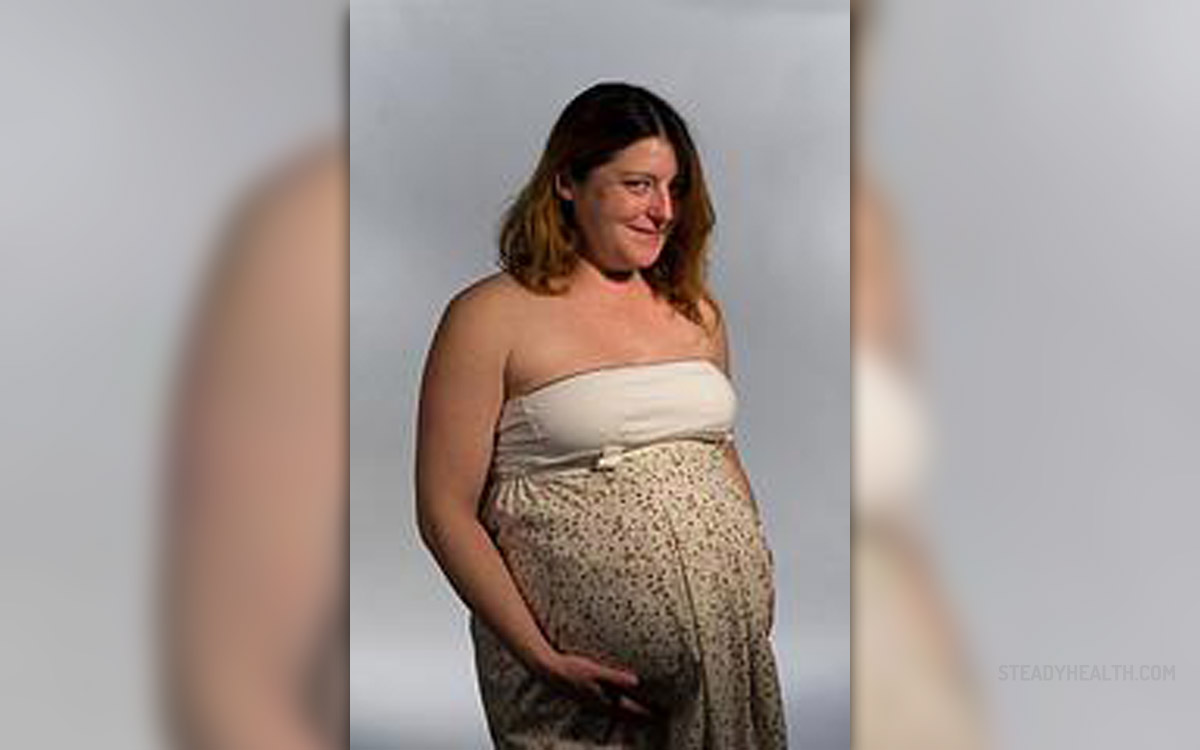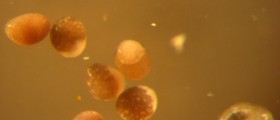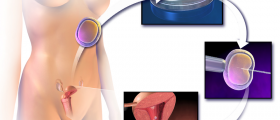
Women who want to have kids often decide they will wait for some time. This waiting may cause fertility problems due to the age and declining quality of the eggs women produces. Many couples are not aware that age does matter and once they realize they want a child, procedures such as in vitro fertilization (IVF) becomes their reality. IVF is one way to overcome advancing female age, but its success is limited because of the limitation of egg quality.
Scientific and medical research reveal that women experience a slow decline in pregnancy rates in their early 30s, but it is found to be more significant in women in late 30s and early 40s. Mother’s age is also found to be an important factor when it comes to miscarriage or the success of IVF. According to some studies, aging mothers are also more likely to experience miscarriage than younger women. Additionally, only a few women are still found out to be fertile after 44 years of age.
Egg Quality and Egg Tests
Aging is known to cause poor egg quality and, therefore, poor quality of an embryo, which in turn decreases the chances of conception and pregnancy. Women of any age can have problems with egg quality, not just older women who want to become mothers. Regardless the age, woman may have egg quality lower or better than average for her age. After mid 30s, quantity and more importantly quality of produced eggs start to decrease and this process speeds up with years.
There are several tests which can be used to predict the reserve of eggs in the ovaries and its ability to respond to some medication stimulation. What these tests cannot do is to predict the quality of remaining eggs – they can only tell the specialist how many of eggs there are. The most commonly used “egg tests” are day 3 FSH (follicle stimulating hormone) testing, AMH levels and antral follicle counts.
IVF Treatment and Age Statistics
Men age is not usually an issue when it comes to infertility but the woman’s is. If the woman is using her own eggs – her age matters, but when it is the donor egg – donor’s age is important, not the age of the uterus which is going to carry the child.
IVF treatment is proven to have falling success at the age of 30 and especially after 38 years of age, while women over 44 years have just about 2% chances to have a baby. Doctors usually recommend more aggressive approach to infertility in women older than 38 and the treatment is available to women up to 43 to 45 years of age.
















Your thoughts on this
Loading...